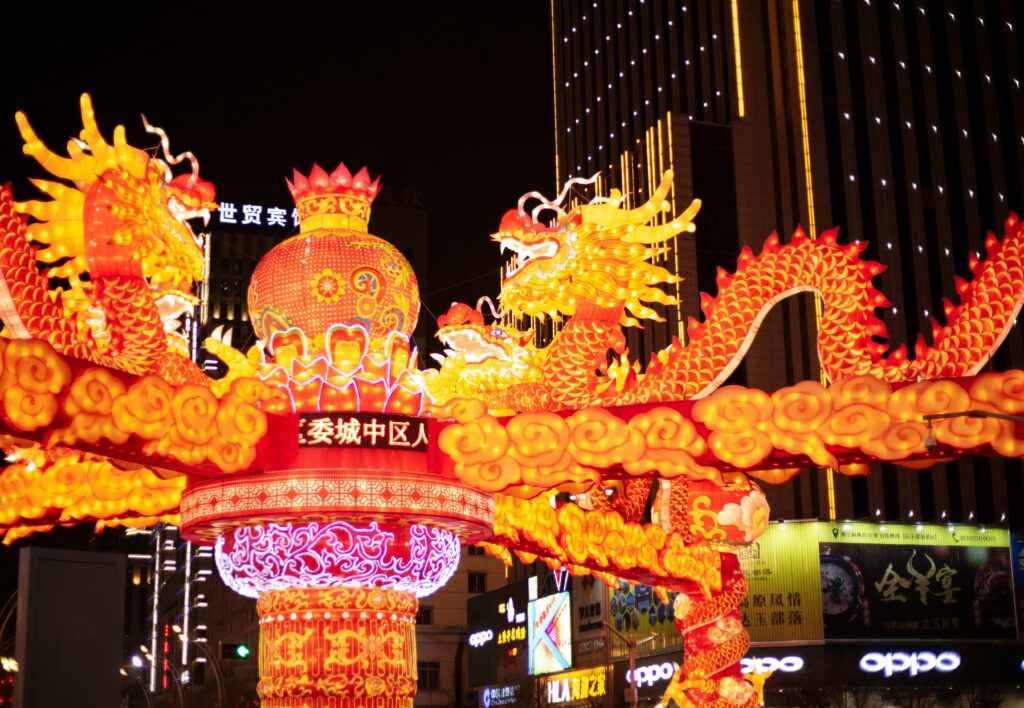Table of Contents
In China, eCommerce shopping festivals are not just dates on a calendar—they're opportunities to drive massive sales, build brand visibility, and deepen customer engagement. With a consumer market steeped in cultural traditions and a dynamic digital ecosystem, each festival presents unique marketing opportunities for brands looking to capture the attention of Chinese shoppers.
For brands operating in Chinese eCommerce, the landscape is especially promising for cross-border sellers. By leveraging crossborder eCommerce in China, businesses can reach consumers eager for international products while navigating the unique demands of this market.
This article provides a detailed guide to the major eCommerce festivals in 2025, along with strategic insights to help brands align their campaigns with consumer trends and cultural values.
Why Shopping Festivals Are Crucial in China’s eCommerce Market
China’s eCommerce market is the largest in the world, where festivals and holidays act as critical drivers of consumer activity. In Chinese eCommerce, these festivals are cultural touchpoints, combining tradition with commerce. Whether celebrating Lunar New Year or Singles’ Day, Chinese consumers embrace these occasions as opportunities to shop for gifts, essentials, and luxury items.
For businesses engaged in crossborder eCommerce in China, these festivals are golden opportunities to:
- Optimize marketing strategies by tailoring campaigns to the cultural context.
- Enhance brand visibility through targeted promotions on key dates.
- Boost sales through platforms tailored to Chinese eCommerce, such as Tmall Global and JD Worldwide.
China’s eCommerce Calendar 2025: Key Dates and Opportunities
Q1: January–March
Lunar New Year (January 29, 2025)
The Lunar New Year is China’s most important traditional festival and a major driver of consumer spending. Known for family reunions and gifting traditions, this holiday sees significant activity across e-commerce platforms.
Marketing Strategies:
- Collaborate with a branding agency in China to develop limited-edition products in red or gold, symbolizing prosperity.
- Launch culturally resonant campaigns focusing on family traditions and togetherness.
- Utilize China influencers to amplify messaging and boost sales.
Valentine’s Day (February 14, 2025)
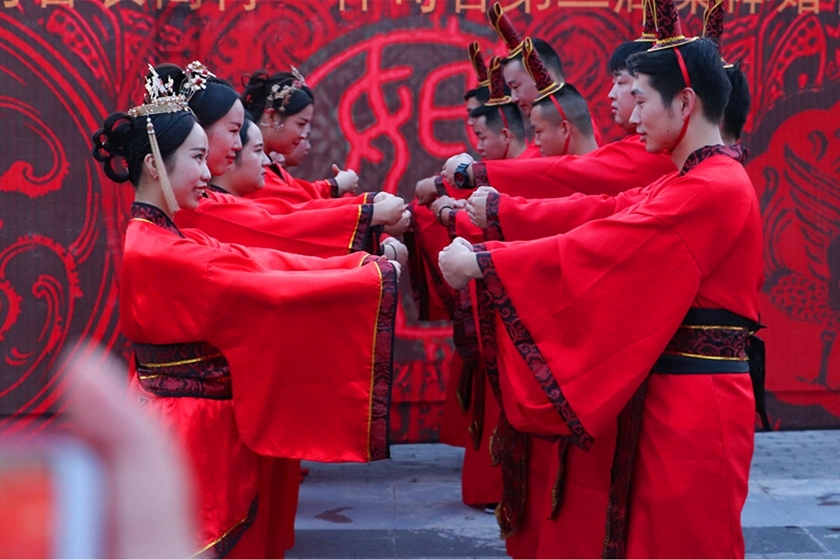
Though Western in origin, Valentine’s Day is widely embraced by younger Chinese consumers. It’s a peak time for gifting, especially luxury goods, chocolates, flowers, and travel experiences.
Marketing Strategies:
- Showcase exclusive international items popular in Chinese eCommerce, like high-end chocolates, perfumes, and jewelry.
- Run interactive campaigns targeting millennials and Gen Z.
- Promote luxury and personalized gifts through Douyin livestreaming events.
- Offer flash sales designed to encourage last-minute purchases.
International Women’s Day (March 8, 2025)
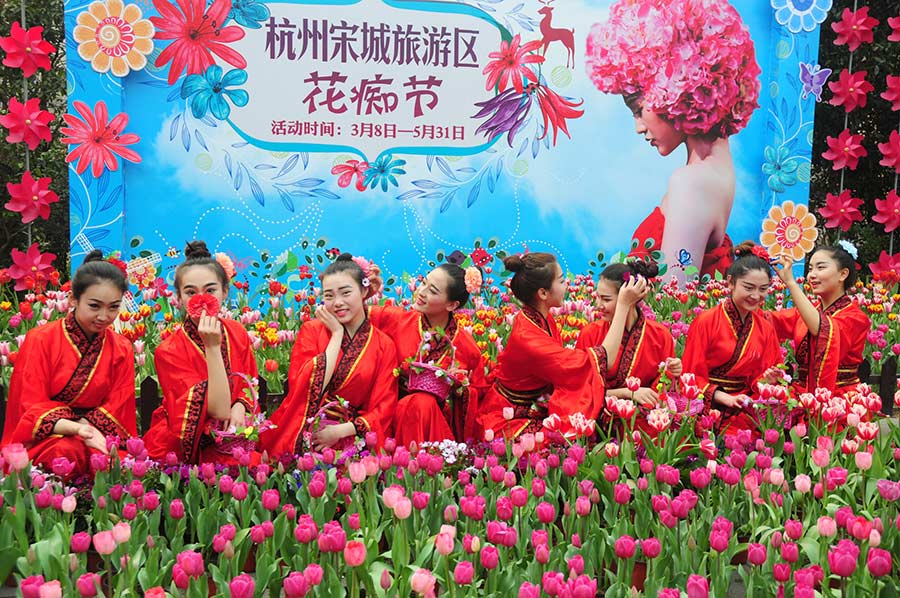
Also rebranded as “Goddess Day” or “Queen’s Day,” this event celebrates women and is a prime opportunity for self-care and empowerment-themed campaigns.
Marketing Strategies:
- Collaborate with a digital marketing agency in China to create campaigns focused on empowerment and self-care.
- Promote beauty and wellness products through platforms tailored to crossborder eCommerce in China.
- Engage China influencers to promote your products and build credibility.
- Run exclusive discounts and loyalty rewards tailored to female consumers.
Q2: April–June
520 Internet Valentine’s Day (May 20, 2025)
The numbers “520” sound like “I love you” in Mandarin, making this day a favorite among younger, digital-savvy consumers. Unlike traditional Valentine’s Day, it focuses on unspoken love and confessions.
Marketing Strategies:
- Use WeChat agency in China services to launch romantic, interactive campaigns.
- Promote digital gifts and virtual experiences that resonate with younger audiences.
- Leverage Douyin ecommerce to create user-generated content challenges.
618 Shopping Festival (June 1–18, 2025)
Founded by JD.com, the 618 Shopping Festival has grown into one of China’s largest e-commerce events, second only to Singles’ Day.
Marketing Strategies:
- Partner with platforms specializing in crossborder eCommerce in China to streamline logistics and increase visibility.
- Offer early bird discounts and pre-sale events to drive anticipation.
- Launch product bundles and cross-platform promotions.
- Utilize data analytics to retarget customers based on past purchases.
Dragon Boat Festival (May 31, 2025)

Rooted in Chinese tradition, this festival is celebrated with dragon boat races and the consumption of zongzi (sticky rice dumplings).
Marketing Strategies:
- Emphasize cultural heritage through storytelling in your campaigns.
- Collaborate with local brands to promote themed gift sets.
- Highlight eco-friendly or health-conscious product variations to stand out.
Q3: July–September
Qixi Festival (July 31, 2025)
Known as Chinese Valentine’s Day, the Qixi Festival is steeped in romantic folklore and is a key event for gifting.
Marketing Strategies:
- Market luxury items like jewelry, perfumes, and romantic getaways.
- Incorporate storytelling to connect your products with the festival’s romantic themes.
- Partner with high-end influencers to promote aspirational lifestyles.
8.8 Shopping Festival (August 8, 2025)

Launched by Alibaba, this festival highlights cross-border shopping and exclusive rewards for 88VIP club members.
Marketing Strategies:
- Position international products as premium and unique offerings.
- Run loyalty-focused promotions to attract high-value customers.
- Use Tmall Global’s tools to optimize your campaigns for Chinese eCommerce audiences.
Teachers’ Day (September 10, 2025)
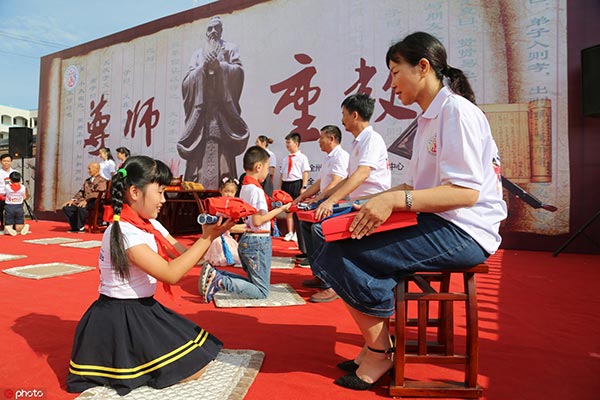
Teachers’ Day celebrates educators and is an opportunity for brands in stationery, books, and educational technology.
Marketing Strategies:
- Offer discounts on educational products and tools.
- Promote campaigns centered on appreciation and gratitude.
- Partner with schools or educational organizations for localized initiatives.
Q4: October–December
National Day & Golden Week (October 1–7, 2025)
This week-long holiday marks a peak in domestic and international travel and is a key period for retail and e-commerce.
Marketing Strategies:
- Tailor promotions for travelers, such as luggage, gadgets, and travel accessories.
- Run flash sales during the week to capture leisure shoppers.
- Utilize geo-targeted ads for consumers in tourist-heavy locations.
Mid-Autumn Festival (October 6, 2025)
This family-focused festival is celebrated with mooncakes and lanterns, making it a time for tradition and togetherness.
Marketing Strategies:
- Launch mooncake gift sets or collaborations with luxury brands.
- Promote family-themed marketing campaigns emphasizing unity.
- Explore interactive content like augmented reality (AR) moon-gazing experiences.
Singles’ Day (November 11, 2025)
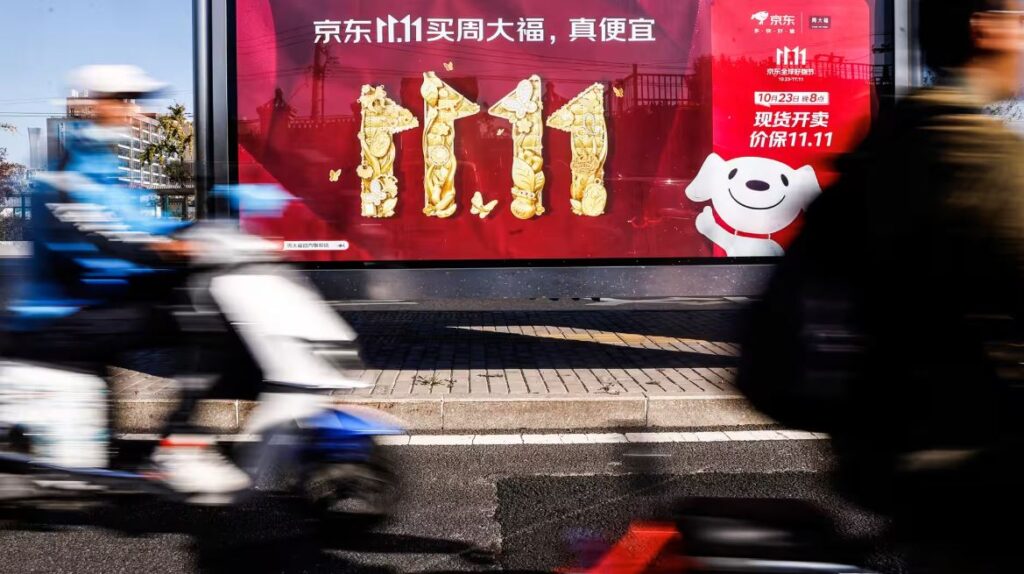
The largest online shopping festival globally, Singles’ Day is an unparalleled opportunity for brands to generate sales and brand awareness.
Marketing Strategies:
- Start campaigns early with pre-sales and live-streaming events.
- Focus on big-ticket items and bundle deals.
- Work with a digital agency in China to implement precision targeting for repeat customers.
Year-End Good Price Festival (December 9–31, 2025)
This event replaces the former Double 12 Festival and is designed to help brands clear year-end inventory.
Marketing Strategies:
- Emphasize clearance sales and last-chance offers.
- Create urgency with countdown timers and limited-stock notifications.
- Offer loyalty rewards or discounts for future purchases to drive customer retention.
Tips for Successful Marketing During China’s Shopping Festivals
Understand Your Audience
Segment your audience based on age, location, and interests. Use these insights to craft tailored campaigns that resonate with specific consumer groups.
Leverage Digital Platforms
Platforms like Tmall Global, JD Worldwide, and Douyin are essential for reaching Chinese consumers. These platforms are tailored to the nuances of Chinese eCommerce, providing tools to enhance visibility and engagement.
Focus on Storytelling
Cultural festivals in China have deep emotional significance. Craft narratives that evoke feelings of nostalgia, family, or love to connect with your audience on a deeper level.
Start Early
Engage with a media buying agency in China to secure premium ad placements and maximize reach during pre-sale periods.
Invest in Localization
Ensure your campaigns are culturally relevant by adapting your messaging, visuals, and product offerings to align with Chinese traditions and values.
Conclusion
The 2025 China eCommerce shopping festivals calendar offers unparalleled opportunities for brands to engage with the world’s largest consumer market. By aligning your marketing strategies with these key dates and embracing China’s unique cultural and digital ecosystem, you can build lasting connections with consumers and drive significant business growth.
For international brands, 2025 is the year to make a mark in crossborder eCommerce in China. Stay proactive, plan strategically, and leverage the unique dynamics of Chinese shopping festivals to achieve your business goals.

